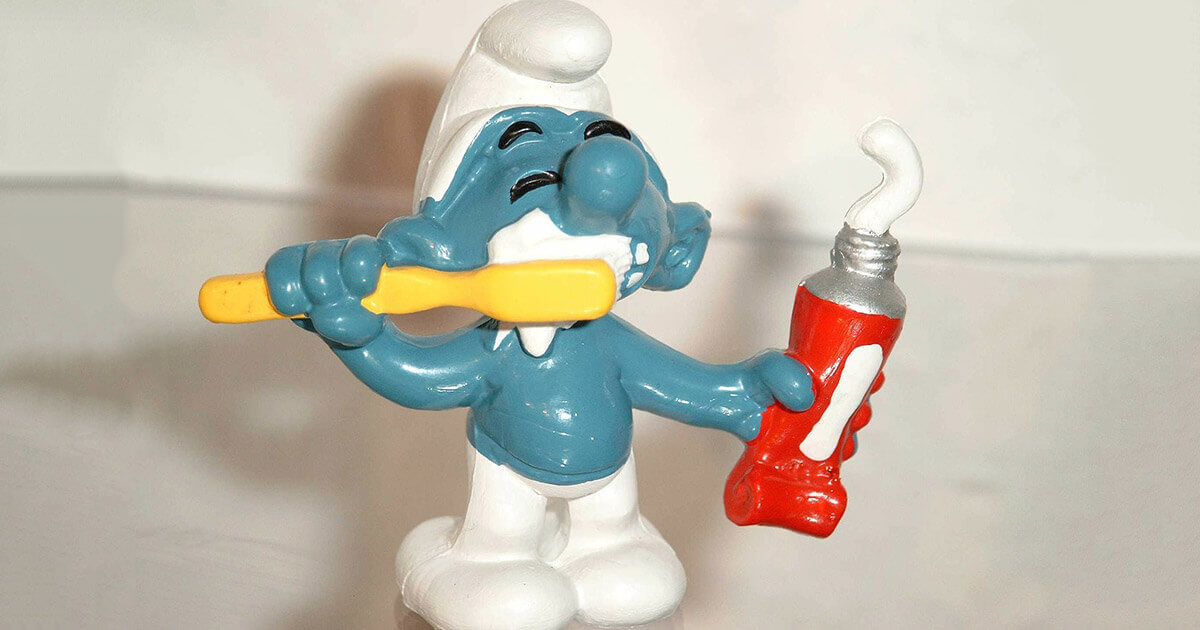Teeth have a natural protective outer layer made up of either enamel or cementum. Enamel generally covers the tooth above the gum line and cementum covers the tooth below the gum line. If these layers wear away, the underlying layer called dentin becomes exposed and, among other things, the tooth is more sensitive to stimulation. When that happens, it may seem like almost anything you eat has the potential to bring on that aching, sharp pain.
Here are a few ways ways to prevent and treat sensitivity:
Prevention
Avoid Acidic Drinks: It’s a fact that acid can erode the enamel, dentin and cementum in our teeth and cause tooth sensitivity. If your diet includes a lot of food and drinks that are high in acid, consider cutting down on these culprits.
Sleep With a Night Guard: Grinding your teeth while you sleep can cause recession, or lowering, of your gum line. As the gum line lowers, more of the cementum becomes exposed. Cementum is not as protective as enamel and wears away more easily resulting in more dentin being exposed. Grinding can also cause divots in your teeth at the gum line called abfractive lesions, but that is information for another blog. How do you know you’re a grinder? If you wake up with headaches or a sore jaw talk to your dentist about your symptoms. We can determine whether a night guard is right for you and, if you need one, we can make one for you.
Gentle Brushing: Another cause of tooth sensitivity is recession from aggressive tooth brushing. I am not sure how, but somewhere along the way someone spread a nasty rumour that the harder you brush your teeth the better and cleaner they will be. Let me set the record straight: DO NOT DO THIS!!!!!! Please don’t ever do this! You should always brush with a vertical stroke using a soft bristled tooth brush. The key is to be gentle. Check out our post on the top five brushing mistakes for more information.
Treatment
Sensitivity Toothpastes: Using a specialized sensitivity toothpaste can ease the pain sensations associated with sensitivity. Over time, these toothpastes block pain triggers from reaching the nerves in the teeth. If you have only one or two sensitive teeth, target them directly with an application of sensitivity toothpaste with your finger three times a day.
Fluoride: Fluoride can strengthen tooth enamel and it’s something to look for in the toothpaste you use at home. In the dental clinic, your dentist can apply a high-grade fluoride topical treatment to sensitive teeth or even prescribe you a high fluoride toothpaste or fluoride rinse to use at home.
Dental bonding or Root Canals: Your dentist can apply a bonding resin to sensitive root surfaces to help desensitize the teeth. In more extreme cases of sensitivity, and I stress the word extreme, a root canal may be recommended to remove the nerve from the tooth and stop the sensitivity.
Gum treatment (periodontics): If your sensitivity relates to recession, a gum treatment might be recommended to help cover the sensitive areas of your teeth with your gums or prevent the gum recession from getting worse.
Crowns: If your sensitivity relates to a crack in your tooth, often called “cracked tooth syndrome” your dentist might recommend a crown to minimize sensitivity and the spread of the crack.








